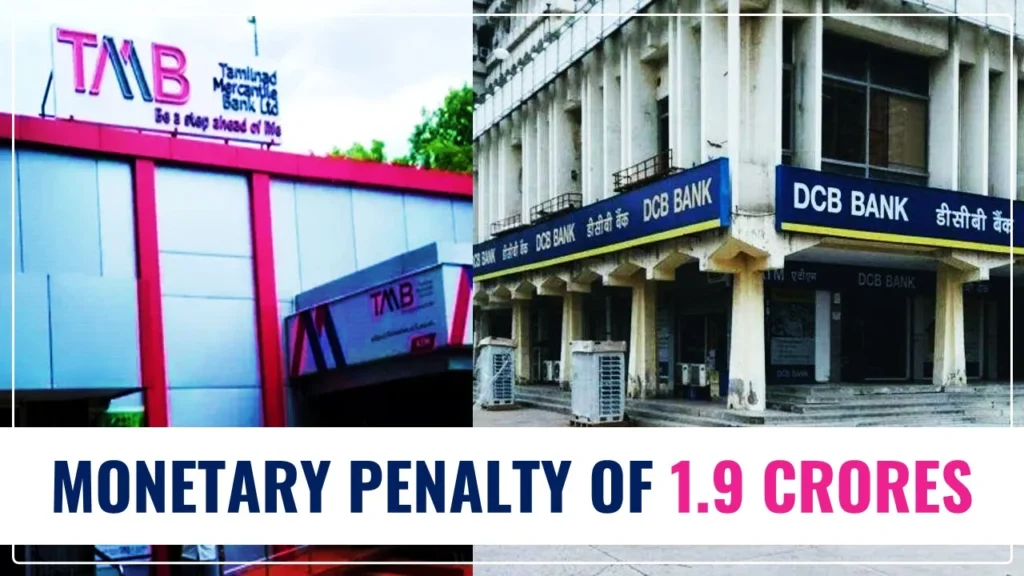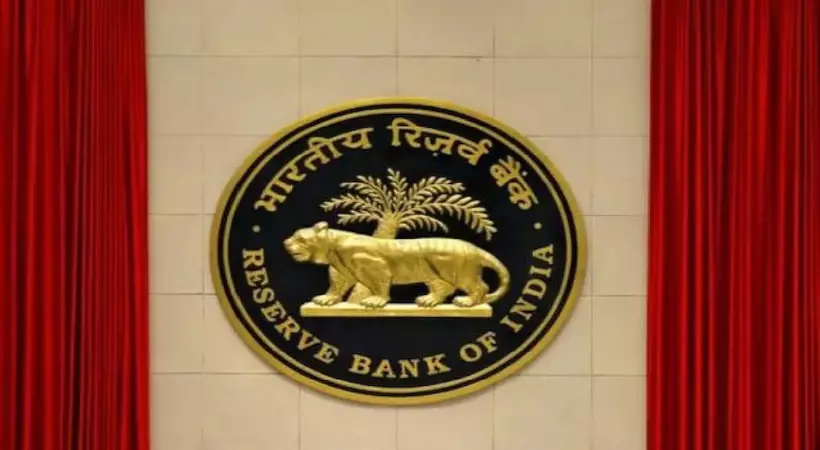RBI Imposes Penalties on Tamilnad Mercantile Bank and DCB Bank
The Reserve Bank of India (RBI) has recently imposed penalties on Tamilnad Mercantile Bank (TMB) and DCB Bank for various regulatory violations. This move by the central bank underscores its commitment to maintaining the integrity and stability of the banking sector in India.
Introduction
The RBI, as the country’s apex banking regulator, plays a crucial role in overseeing the functioning of banks and financial institutions. In its recent actions against TMB and DCB Bank, the RBI has taken a stern stance against non-compliance with regulatory guidelines.
Penalties on Tamilnad Mercantile Bank (TMB)
Tamilnad Mercantile Bank has been penalized by the RBI for violations related to the Know Your Customer (KYC) norms and anti-money laundering (AML) standards. The penalties imposed on TMB highlight the importance of strict adherence to regulatory requirements aimed at preventing financial crimes and ensuring the integrity of the banking system.
Penalties on DCB Bank
Similarly, DCB Bank has also incurred penalties from the RBI for contraventions of certain regulatory provisions. The penalties imposed on DCB Bank serve as a reminder to all banks of the need to maintain robust compliance frameworks and adhere to regulatory directives issued by the RBI.
Importance of Compliance
The penalties imposed by the RBI on TMB and DCB Bank underscore the critical importance of regulatory compliance in the banking sector. Compliance with KYC, AML, and other regulatory norms is essential not only for individual banks but also for safeguarding the interests of customers and maintaining trust in the banking system as a whole.
Conclusion
In conclusion, the RBI’s decision to impose penalties on Tamilnad Mercantile Bank and DCB Bank sends a clear message about the importance of adherence to regulatory standards. It is imperative for banks to prioritize compliance efforts and proactively address any lapses to ensure the stability and integrity of the financial system.

Why this News is Important
Strengthening Regulatory Oversight
The RBI’s imposition of penalties on Tamilnad Mercantile Bank and DCB Bank underscores the central bank’s commitment to strengthening regulatory oversight in the banking sector.
Ensuring Financial Stability
By penalizing banks for regulatory violations, the RBI aims to ensure the overall stability and integrity of the financial system, which is crucial for sustainable economic growth.
Historical Context
Evolution of Banking Regulations in India
The regulatory framework governing banks in India has evolved over the years to address emerging challenges and safeguard the interests of stakeholders.
Importance of Regulatory Compliance
In light of past instances of banking crises and frauds, regulatory authorities have been proactive in enforcing compliance standards to maintain trust and stability in the banking sector.
5 Key Takeaways from “RBI Imposes Penalties on Tamilnad Mercantile Bank and DCB Bank”
| Serial Number | Key Takeaway |
|---|---|
| 1 | RBI has penalized Tamilnad Mercantile Bank for KYC norms and AML violations. |
| 2 | DCB Bank has also incurred penalties from the RBI for contraventions of regulatory provisions. |
| 3 | Regulatory compliance is crucial for maintaining the integrity of the banking system. |
| 4 | The penalties underscore the importance of adherence to regulatory standards by banks. |
| 5 | Strengthening regulatory oversight is essential for ensuring financial stability. |
Important FAQs for Students from this News
1. What are the penalties imposed by the RBI on Tamilnad Mercantile Bank and DCB Bank?
Answer: The penalties are for violations related to Know Your Customer (KYC) norms, anti-money laundering (AML) standards, and contraventions of regulatory provisions.
2. Why is regulatory compliance important in the banking sector?
Answer: Regulatory compliance is crucial for maintaining the integrity of the banking system, safeguarding the interests of stakeholders, and ensuring financial stability.
3. How does the RBI enforce regulatory compliance among banks?
Answer: The RBI enforces compliance through regular inspections, audits, and penalties for non-compliance with regulatory guidelines.
4. What is the significance of the RBI’s actions on TMB and DCB Bank for students preparing for government exams?
Answer: Students should understand the importance of regulatory compliance, the role of central banks in maintaining financial stability, and the implications of banking regulations for the economy.
5. How can banks improve their compliance efforts to avoid penalties from regulatory authorities?
Answer: Banks can enhance their compliance frameworks by implementing robust internal controls, conducting regular training programs for employees, and staying updated on regulatory changes.
Some Important Current Affairs Links

















